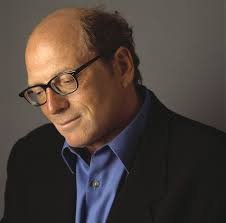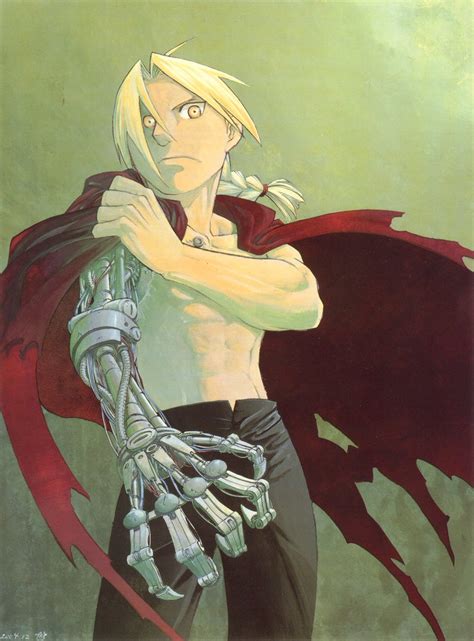A Quote by Tom Robbins
I like to think of myself as a fiction writer who liked art enough to write about it for a while, and then went on to his fiction.
Related Quotes
No one can teach writing, but classes may stimulate the urge to write. If you are born a writer, you will inevitably and helplessly write. A born writer has self-knowledge. Read, read, read. And if you are a fiction writer, don't confine yourself to reading fiction. Every writer is first a wide reader.
No one can teach writing, but classes may stimulate the urge to write. If you are born a writer, you will inevitably and helplessly write. A born writer has self-knowledge. Read, read, read. And if you are a fiction writer, dont confine yourself to reading fiction. Every writer is first a wide reader.
I write fiction longhand. That's not so much about rejecting technology as being unable to write fiction on a computer for some reason. I don't think I would write it on a typewriter either. I write in a very blind gut instinctive way. It just doesn't feel right. There's a physical connection. And then in nonfiction that's not the case at all. I can't even imagine writing nonfiction by hand.
Truth is stranger than fiction," as the old saying goes. When I watch a documentary, I can't help crying and then I think to myself, "Fiction can't compete with this." But when I mentioned this to a veteran manga artist friend of mine he said that "fiction brings salvation to characters in stories that would otherwise have no salvation at all." His words strengthened the conviction of my manga spirit.
Creative non-fiction is such a liberating genre because it allows the non-fiction writer, whether he or she be journalist or essayist, to use all of the techniques of the fiction writer and all of the ideas, creative approaches, that fiction writers get a chance to use, but they have to use it in a true story.






































